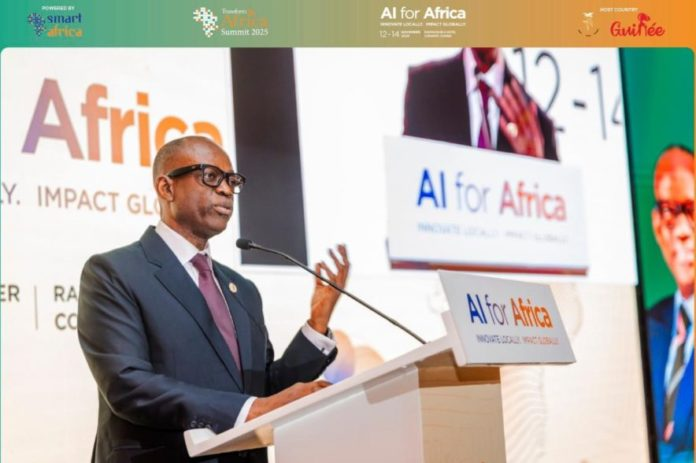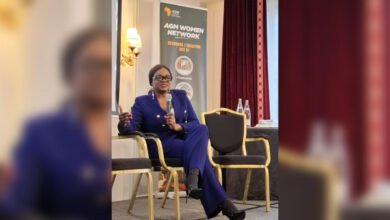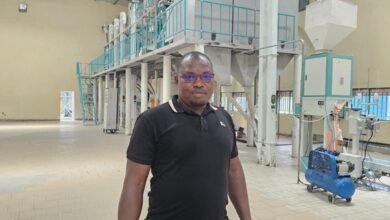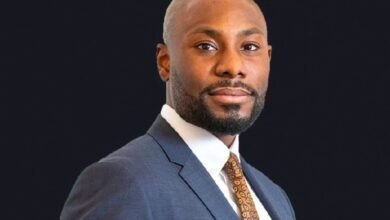Lacina Kone: “African artificial intelligence must be inclusive and rooted in our realities”
On the occasion of the Transform Africa Summit, Lacina Kone, Director General of Smart Africa, reflects on the vision of a truly African artificial intelligence. For him, AI is a catalyst for development, capable of transforming education, health, and economic inclusion while preserving local languages, cultures, and values.

You described this edition of the Transform Africa Summit as historic for several reasons. Why?
The purpose of this seventh edition is artificial intelligence for Africa – to innovate locally and impact globally. That is why we are here.
It is quite historic, not only for artificial intelligence, but also because we are meeting today in West Africa, in a Francophone country, for the first time in the history of Smart Africa and the Transform Africa Summit. Since last year, in 2024, we have started addressing artificial intelligence topics.
Why does Africa need to develop a specifically African AI, and how can this goal be achieved?
We believe it is essential to remain very critical and precise in our approach. The AI we want is not just a technology of power, but a tool usable in everyday life. Artificial intelligence is an equalizer. Even in rural areas or among non-literate populations, it can enable everyone to actively participate in economic and social development.
Today, it is not enough to hold university degrees. If one does not know how to use technology, one becomes digitally illiterate. Even a doctor of literature, if they cannot use AI, is somewhat powerless. We train our Large Language Models (LLMs) in African languages – Arabic, Berber, Wolof, French, English – to reach these segments of the population. This allows those who have never had access to the internet or school to participate in socio-economic development.
What are the main challenges to achieving this, and how does Smart Africa plan to address them?
Artificial intelligence is seen as a revolution, and that is true. But in the African context, it is above all an evolution of digital systems. The foundations of AI are infrastructure, computing power, data governance, talent, and capacity building. Smart Africa has been working on these foundations for a long time. AI simply accelerates our goal: to strengthen our infrastructure, develop our talent, and build African datasets to preserve our cultures, values, and languages.
Inclusion in Africa via AI will be different from that of other nations. It is not just about integrating those who already have access to technology but bringing the tool to remote, rural, or non-literate populations. It is a lever to reduce inequalities and generate tangible impact on the ground.
Smart Africa, created in 2013 and operational since 2016 with seven founding Heads of State, now brings together 42 member states, covering approximately 1.2 billion Africans. Our funds have more than tripled, and we coordinate around 18 to 19 continental projects on emerging technologies. We have launched the Smart Africa Digital Academy, the Rooming Free network, and implemented continental cybersecurity structures, with annual meetings in Morocco. Smart Africa is no longer just a consultative alliance; it is an operational institution advancing the continent’s digital objectives concretely.
What lessons do you draw from this edition focused on African AI?
AI is a catalyst. It draws attention to the need for robust infrastructure, skilled talent, and African datasets. It strengthens governance and enables the creation of solutions adapted to local realities. This ranges from education – where remote students can receive personalized feedback – to health, where AI can detect anomalies before a medical diagnosis. The opportunity is immense, and we must train a generation capable of creating tomorrow’s AI, not just consuming it.
What about the next Smart Africa edition?
The next edition in 2026 is already in preparation. It will continue along this ambitious trajectory. We will announce the details very soon.






